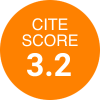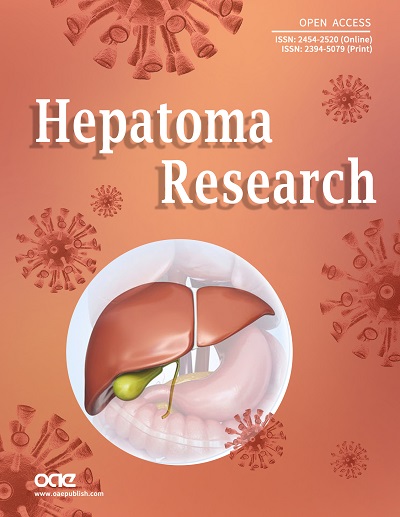
Topic: The Gut Microbiome and HCC: Implications for Early Diagnostic Biomarkers and Novel Therapies
A Special Issue of Hepatoma Research
ISSN 2454-2520 (Online) 2394-5079 (Print)
Submission deadline: 28 Feb 2025
Guest Editor(s)
Department of Applied Biology and Chemical Technology, Hong Kong Polytechnic University, Hong Kong, China;
Associate Head, Applied Biology and Chemical Technology at Hong Kong Polytechnic University;
Associate Director of University Research Facility in Life Sciences, PolyU;
Principal Investigator of State Key Laboratory of Chemical Biology and Drug Discovery.
Special Issue Introduction
The gut microbiome, a complex ecosystem of microorganisms in the gastrointestinal tract, has gained attention for its critical role in various physiological and pathological processes, particularly concerning hepatocellular carcinoma (HCC), a leading cause of cancer-related death worldwide. This Special Issue explores the intricate relationship between the gut microbiome and HCC, focusing on implications for early diagnostic biomarkers and novel therapeutic strategies. The gut-liver axis highlights how dysbiosis—an imbalance in gut microbial communities—can influence liver health and contribute to diseases such as fatty liver disease, cirrhosis, and ultimately HCC. Recent research suggests that specific microbial signatures may serve as non-invasive biomarkers for early HCC detection, potentially enabling improved patient outcomes through earlier diagnosis. This issue will examine the latest findings on microbial biomarkers, their diagnostic utility, and the challenges of integrating these markers into clinical practice. Additionally, as our understanding of the gut-liver relationship evolves, so does the potential for novel microbiome-targeted therapies, including probiotics, prebiotics, and fecal microbiota transplantation. These strategies are under investigation for their ability to modulate the gut microbiome and influence HCC progression. By highlighting innovative research and clinical trials in this area, we aim to provide a comprehensive overview of microbiome-based therapies for HCC management. As the field of microbiome research continues to advance, it is essential to explore its implications for HCC. This Special Issue seeks to bring together leading experts to foster dialogue and share insights, paving the way for transformative approaches in the early detection and treatment of this formidable disease. We invite contributions that explore these themes, encouraging interdisciplinary collaboration to develop innovative solutions in the fight against HCC.
Potential topics include, but are not limited to, the following:
1. Gut microbiota as diagnostic biomarkers of HCC;
2. The role of the gut-liver axis in liver disease;
3. Mechanisms of gut microbiome dysbiosis in HCC treatment;
4. Probiotics and prebiotics in HCC management;
5. Fecal microbiota transplantation: A novel therapeutic approach for HCC;
6. Microbiome-influenced metabolomics in HCC;
7. Dietary interventions and gut microbiome modulation;
8. The immune system, gut microbiome and HCC;
9. Clinical trials of microbiome-based therapy for HCC;
10. The role of gut microbiota in MAFLD development;
11. The therapeutic intervention of microbiota in MAFLD-induced HCC;
12. Gut microbiota: Immune response and therapeutic resistance.
Submission Deadline
Submission Information
For Author Instructions, please refer to https://www.oaepublish.com/hr/author_instructions
For Online Submission, please login at https://www.oaecenter.com/login?JournalId=hr&IssueId=hr2502282272
Submission Deadline: 28 Feb 2025
Contacts: Eric Zhang, Assistant Editor, scienceeditor@hrpublishing.net








